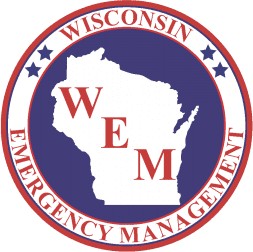The importance of building partnerships and overcoming complex challenges were two key messages that resonated with attendees during the 2024 Wisconsin Governor’s Conference on Emergency Management and Homeland Security in Lake Geneva.
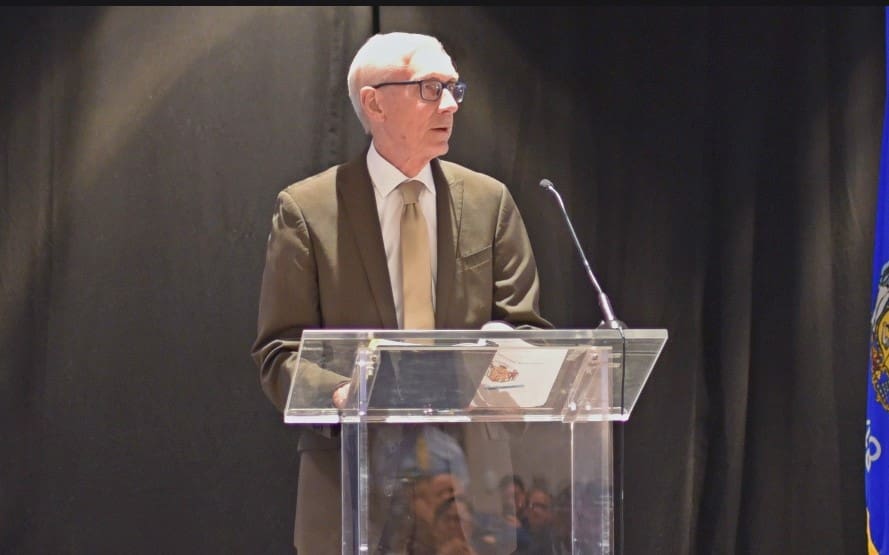
Courtesy: WEM Staff
“Wisconsin has recently seen more than its fair share of emergencies needing quick teamwork and urgent responses. Emergency management means being prepared to deal with a diverse range of threats, each having their own complex needs and circumstances,” said Gov. Tony Evers. “Despite the challenges we face, I am encouraged to see so many here today as we continue our work to improve how we respond to these challenges and best serve our communities. Your dedication and service are appreciated, and the state of Wisconsin is grateful for everything you do to help prepare Wisconsinites for the unexpected.”
The 56th Annual Governor’s Conference on Emergency Management & Homeland Security was held March 13-15 at the Grand Geneva Resort and Spa.
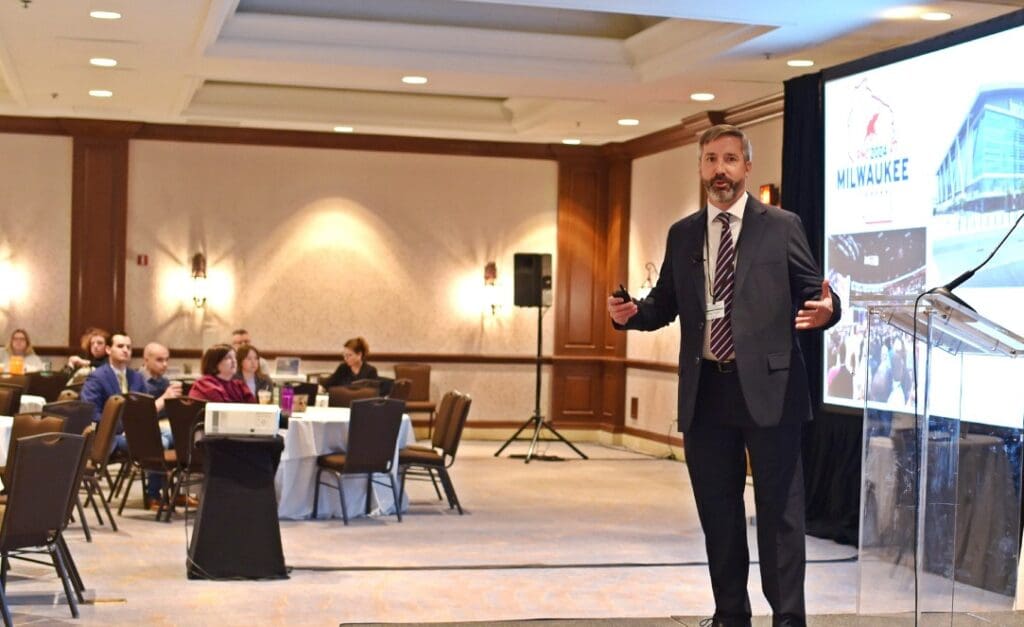
Courtesy: WEM Staff
“All of you in this room as a community work together, support each other, and work to continuously improve what you do and those around you,” said Wisconsin Emergency Management Administrator Greg Engle. “It comes down to people. Continue to build relationships, and we’ll be able to address any future challenges.”
“It takes a team of partners that includes the Wisconsin National Guard, WEM, the county and tribal emergency management offices, and first responders for the state’s response to disasters,” said Brigadier General Matthew Beilfuss, Wisconsin’s deputy adjutant general of civil support. “As a resource in Wisconsin, the Guard stands ready to respond when you call us.”
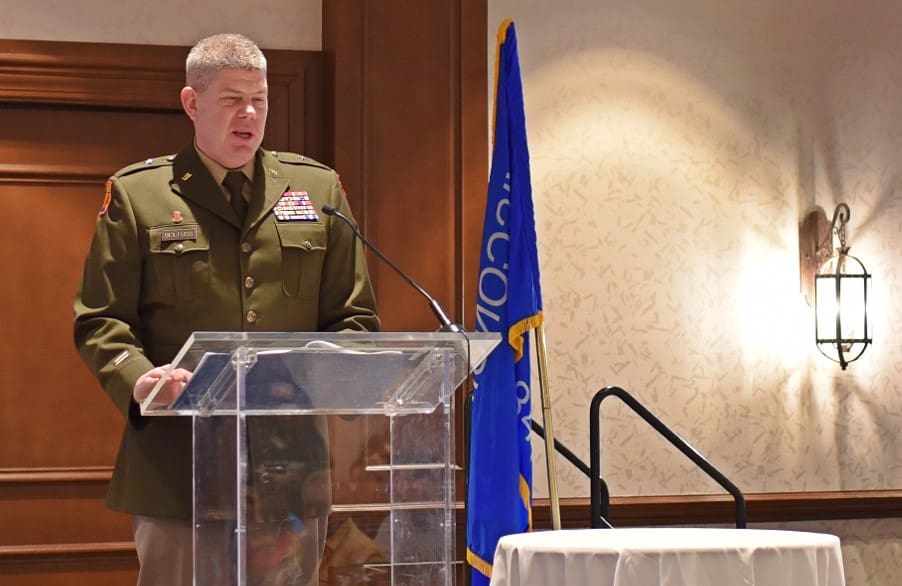
Courtesy: WEM Staff
Over the past year, Wisconsin dealt with natural and man-made disasters, from historic flooding to cyber-attacks on public entities. FEMA Region 5 Administrator Thomas Sivak highlighted the challenges emergency responders must overcome and still be called upon to ensure the community’s needs are met during an incident.
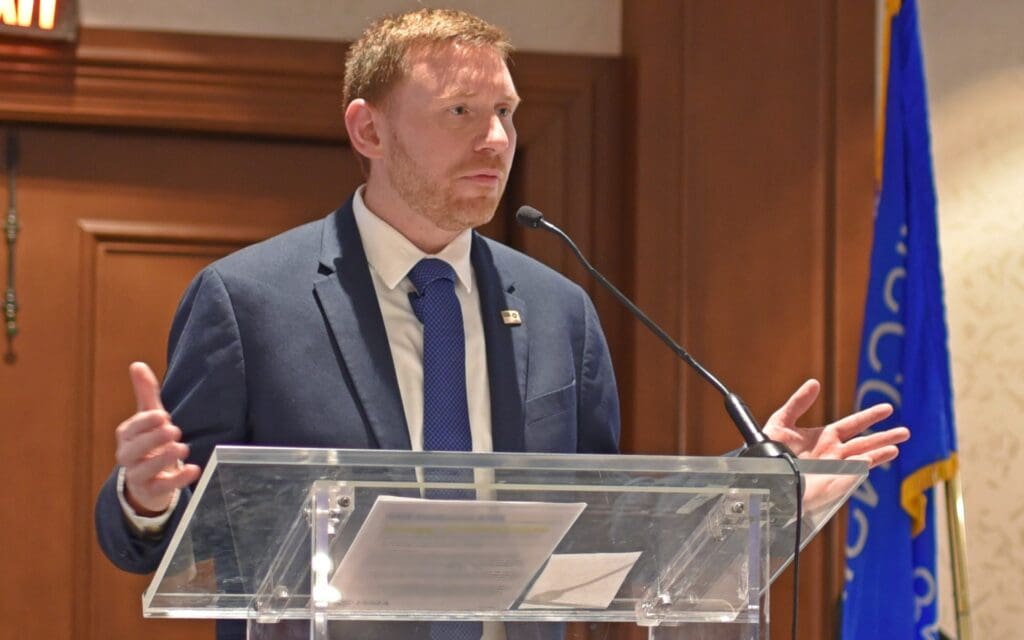
Courtesy: WEM Staff
“It’s about helping people each and every day,” said Sivak. “One of the things I recognize is it doesn’t happen at the federal level, it’s at the local level. It’s each of you coming out into the community, knowing the community, and ensuring that community can respond to and recover from that event.”
The theme of the 2024 conference was “Unraveling Complexities.” Keynote presenter Clark Kimerer took a closer look at the qualities, characteristics, and mindset needed to be successful when addressing evolving emergencies.
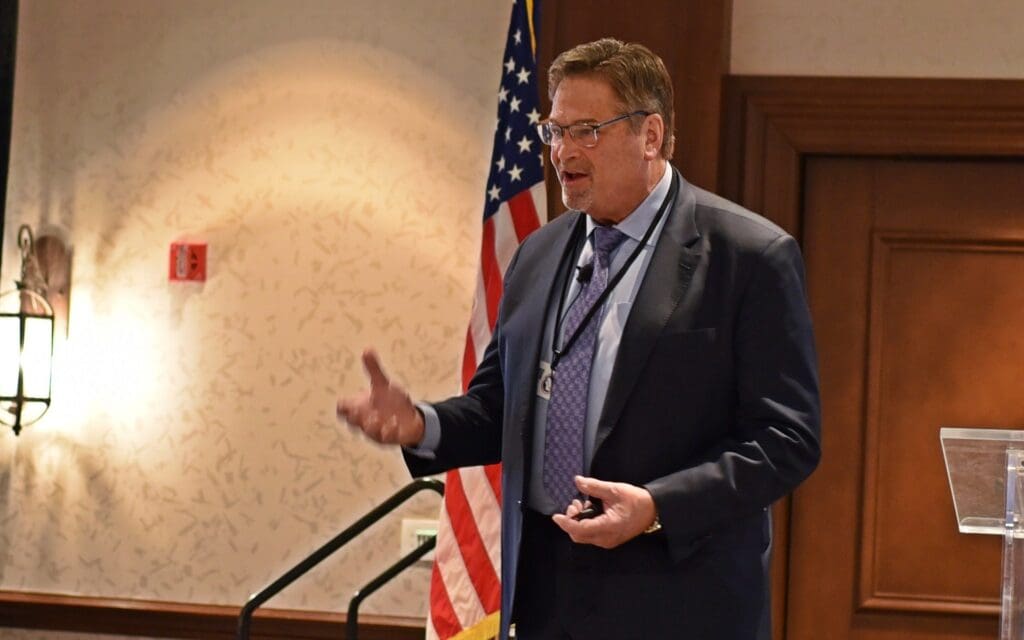
Courtesy: WEM Staff
“Not identifying a single point of failure, no matter the crisis, can turn a simple situation into a complex one,” said Kimerer. ““If there is one thing that forms the essential process of making good decisions, it is humanity.”
The conference also featured a presentation from cybersecurity experts from the state of Oregon, who delved into a ransomware incident in Curry County that affected the majority of the community’s lifelines.
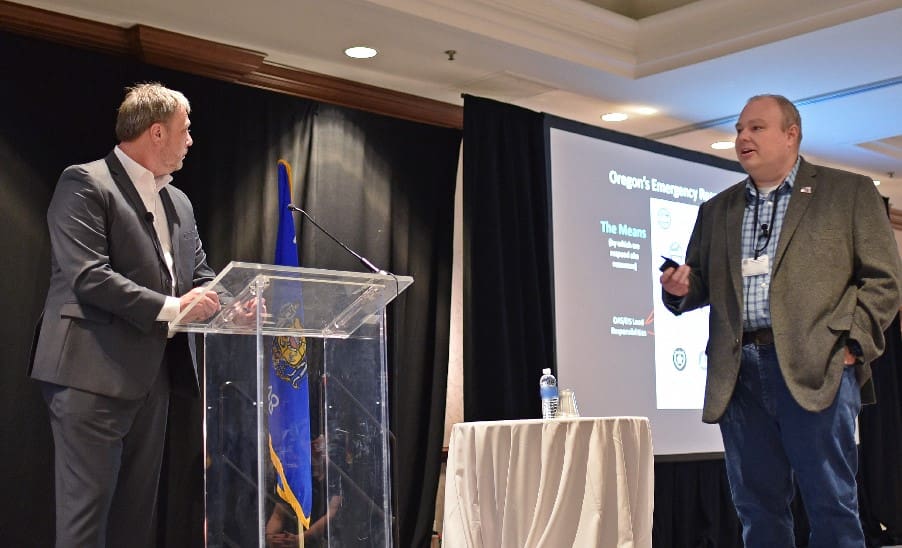
Courtesy: WEM Staff
“Cyber events have real world impacts on people,” said Oregon Statewide Interoperability Coordinator William Chapman. “Above all, do not be afraid to share information. That is the only way to fight and win cyber incidents.”
One of the challenges many communities in Wisconsin also face is the impact of a potential train derailment. Peggy Clark, the Columbiana County emergency management director, responded to such a disaster in East Palestine, Ohio.
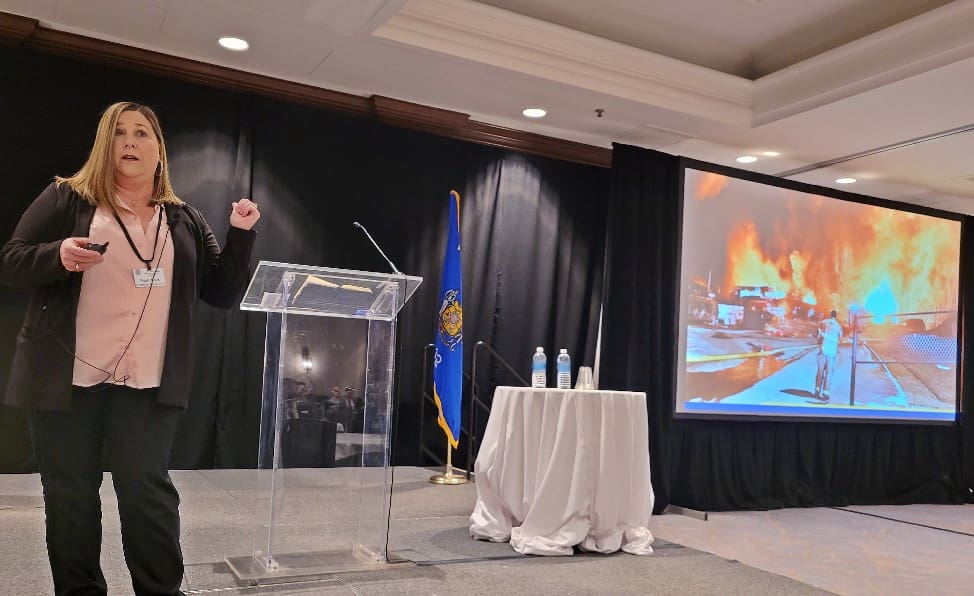
Courtesy: WEM Staff
“Everyone that came that night, we needed them,” said Clark. “There is nothing more important than relationships. Know the people ahead of time when that bad thing happens to your community.”
During the conference, three people received a Governor’s Conference Award, which are presented annually to recognize those who have made great contributions to the fields of emergency management and homeland security. Nathan Bubenzer from UnityPoint Health – Meriter received the mentorship award, which was awarded for the first time in 2024. Bubenzer was recognized for his ability to foster partnerships and inspire others to promote safety and emergency preparedness.
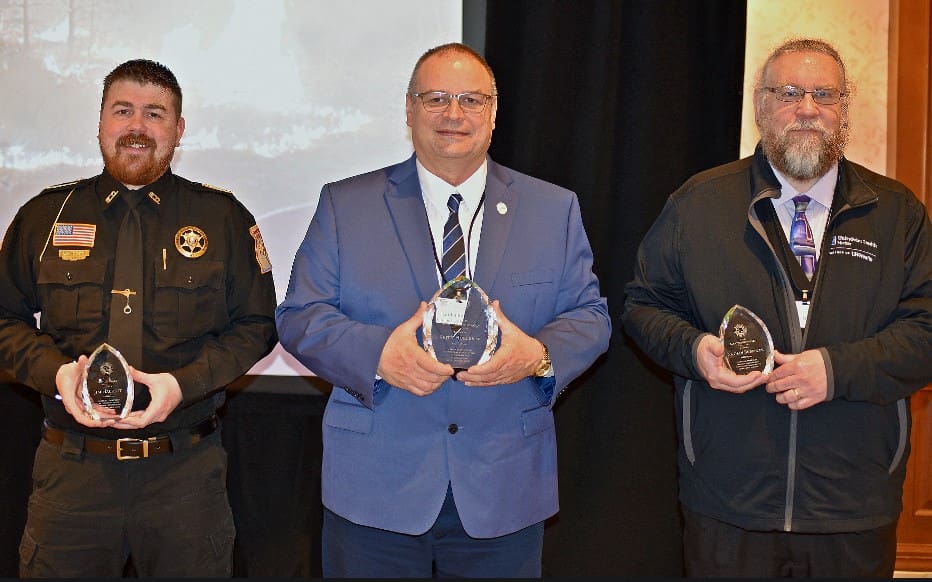
Courtesy: WEM Staff
“I am honored and blessed by this,” said Bubenzer. “We live in a time where things are happening faster and bigger. It’s vitally important to have a group of professionals that can prepare younger generations for these emergencies.”
The service award, which goes to someone who demonstrates innovative approaches, leadership skills, and unwavering dedication, was presented to Crawford County Emergency Management Director Jim Hackett.
“It’s very honoring and I was surprised to receive this award,” said Hackett. “It’s all about our partnerships and effective teamwork. There is no way I could have done the things I did without my partnerships to help the community.”
Keith Hulbert was honored with the lifetime achievement award. He served communities in Iowa County in a variety of roles, including the county’s first emergency management director. He also served as the Wisconsin Emergency Management Association president for four years before retiring from public service last year.
“My wife, son, and I were survivors of the 1984 Barneveld tornado. I had no idea where the road was going to take me after that happened,” said Hulbert. “I’ll never think this is a me thing or an I thing. We can all do great things as an individual, but when we act as a team, we can move mountains.”
More than 400 people attended the 2024 conference, including the largest graduating Wisconsin Certified Emergency Manager class since the program began in 1997. Twenty-six people received their basic and professional certifications. The 2025 conference location and dates have yet to be announced.
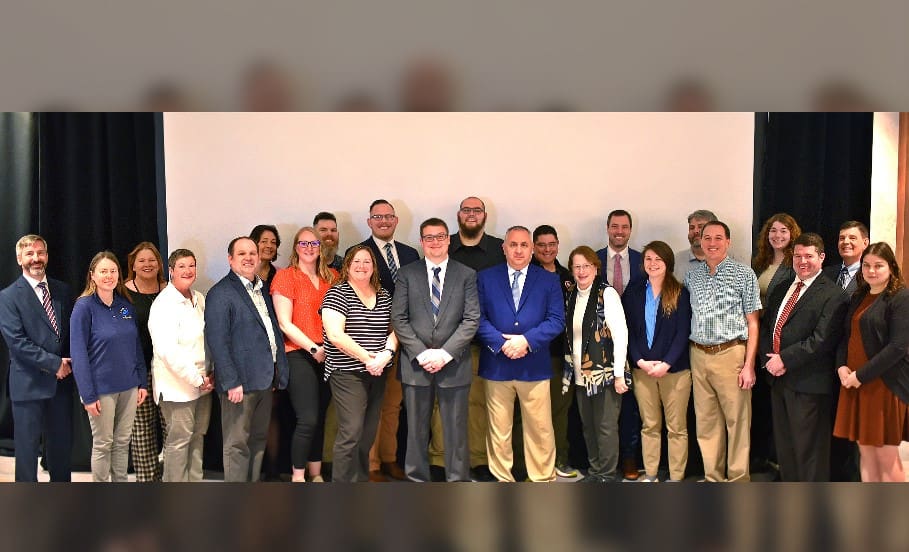
Courtesy: WEM Staff
